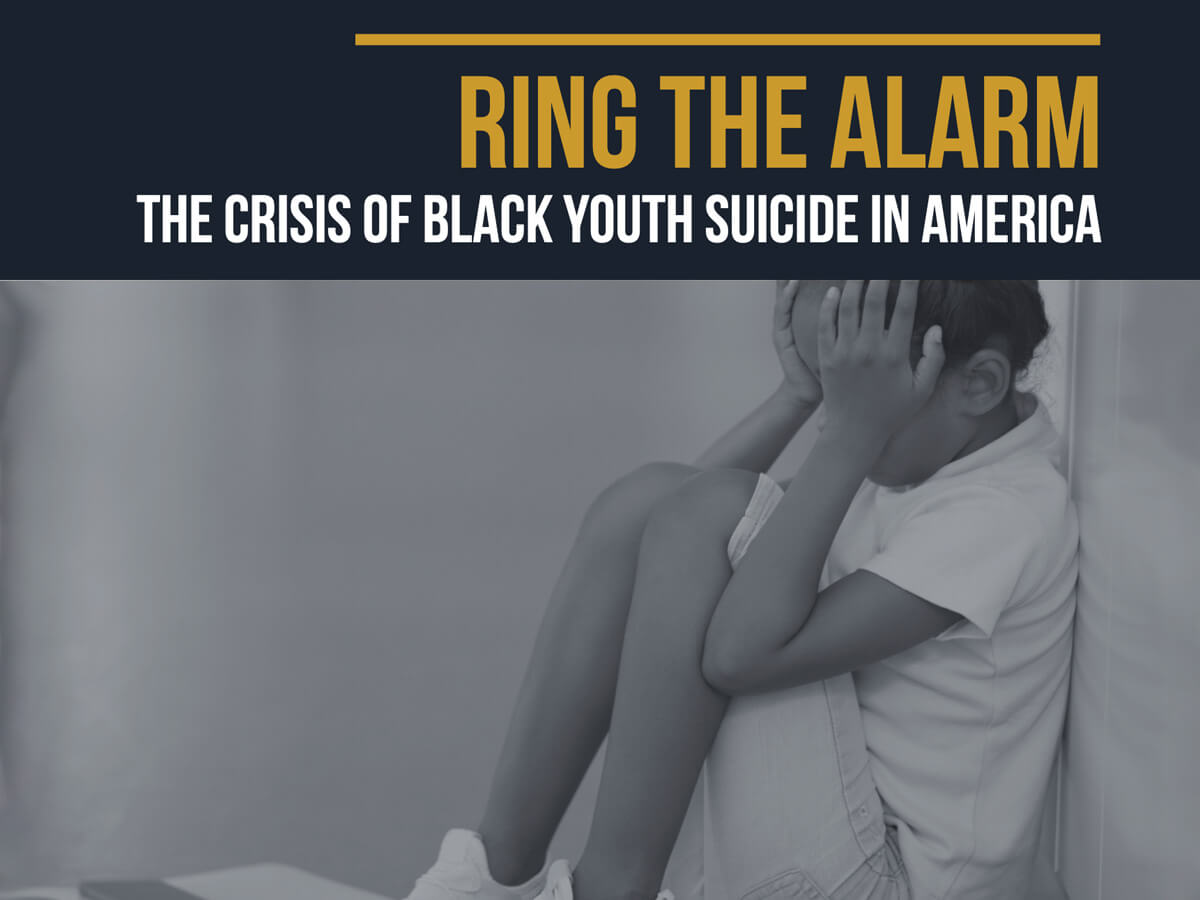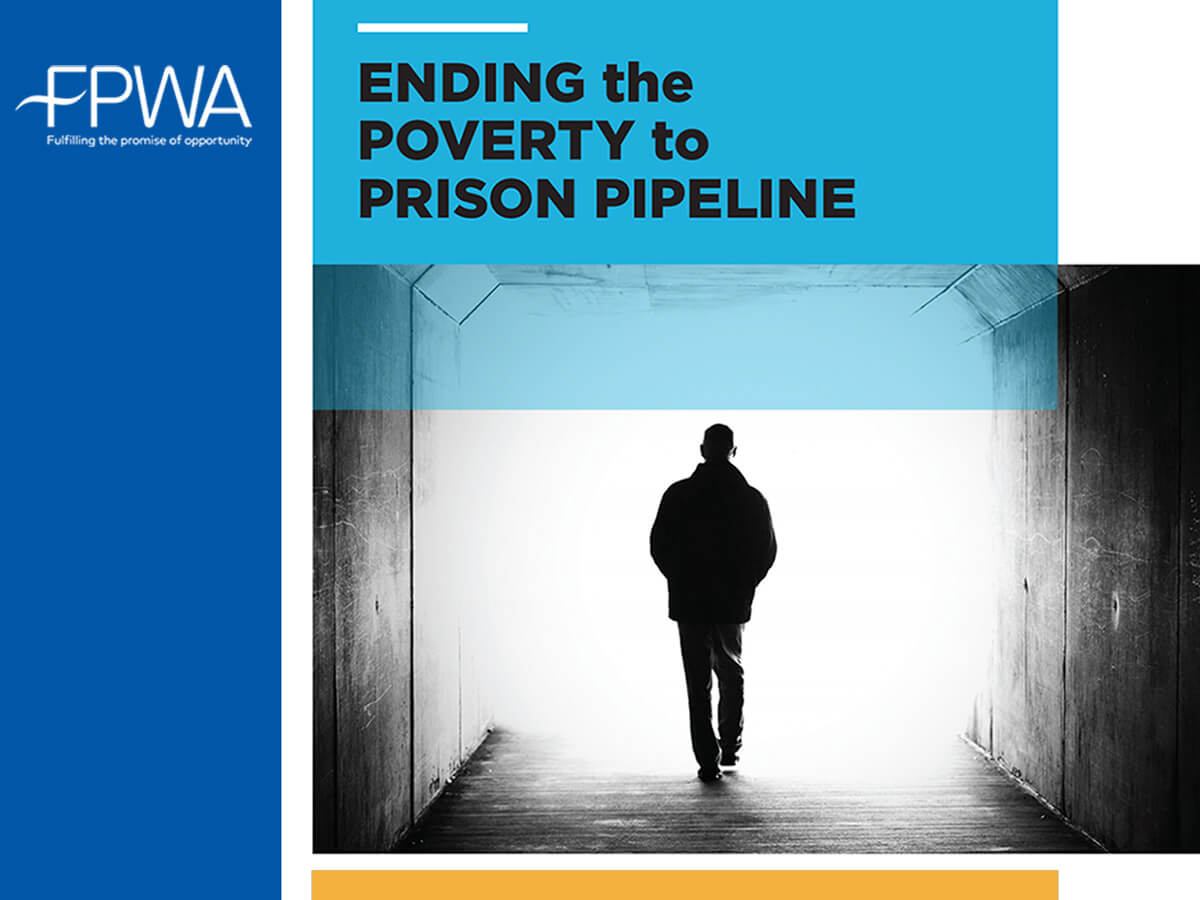The mental health needs of students must be addressed amid the COVID-19 pandemic, major disruptions to the way they attend school, economic upheaval and a national reckoning around racial injustice, with students of color being especially vulnerable. The McSilver Institute has compiled the following data and resources relating to the challenges for Black, Latinx and other youth of color.
Learn more at mcsilver.nyu.edu or contact mcsilver@nyu.edu to speak to an NYU McSilver expert.
 Unmet Mental Health Needs
Unmet Mental Health Needs
 Fifty percent of 465 ninth-grade Black adolescents surveyed in a 2010 study led by Dr. Michael A. Lindsey had mental health needs, but only 20 percent of those Black youth received treatment. Source: Journal of Adolescent Health
Fifty percent of 465 ninth-grade Black adolescents surveyed in a 2010 study led by Dr. Michael A. Lindsey had mental health needs, but only 20 percent of those Black youth received treatment. Source: Journal of Adolescent Health
Black youth may express their depression symptoms differently than White youth, such as through “externalizing behaviors” (e.g. behavioral and conduct problems). Or they may complain of stomach aches or headaches (somatic symptoms). Source: CBC Emergency Taskforce on Black Youth Suicide and Mental Health: Ring the Alarm
Black youth are more likely to be referred to inpatient mental health services than white youth or pushed into the juvenile justice system where access to adequate treatment is even less available. Source: CBC: Ring the Alarm
A 2019 NYU McSilver study found that self-reported suicide attempts for Black adolescents were on the rise, and a further look at the data revealed that increase was 73 percent between 1991 and 2017. By comparison self-reported attempts fell in other groups: by 7.5 percent in White adolescents, 11.4 percent in Hispanic teens, 56 percent in Asian teens and 4.8 percent in American Indian/Alaska Native teens.
Further the study found:
- Self-reported suicide attempts increased at an accelerating rate in Black female teenagers, even as overall female suicide attempts declined.
- There was a significant increase in injuries from self-reported suicide attempts in Black male teenagers.
Source: Pediatrics
 School-to-Prison Pipeline
School-to-Prison Pipeline
 According to an FPWA report, to which NYU McSilver contributed, “Students of color have been subjected to more frequent and more punitive disciplinary actions than White students for the same offense. This has resulted in higher rates of suspension, expulsion, stigmatization, arrests, and referrals into juvenile and adult criminal justice systems….This racially biased disciplinary treatment is characterized as the School-to-Prison pipeline.” Source: Ending the Poverty to Prison Pipeline
According to an FPWA report, to which NYU McSilver contributed, “Students of color have been subjected to more frequent and more punitive disciplinary actions than White students for the same offense. This has resulted in higher rates of suspension, expulsion, stigmatization, arrests, and referrals into juvenile and adult criminal justice systems….This racially biased disciplinary treatment is characterized as the School-to-Prison pipeline.” Source: Ending the Poverty to Prison Pipeline
 Impact of COVID-19
Impact of COVID-19
Due to the impact of COVID-19 on schooling, students (grades 3-8) could begin fall 2020 with approximately 70 percent of the learning gains in reading from the year before, relative to a typical school year. Source: Brookings Institution
Children in communities of color are especially vulnerable to falling behind. As of July 30, 2020, around 50 percent of Black and Latino adults and 40 percent of white adults in households with school-enrolled children have had at least one child have their class cancelled because of COVID-19. Source: Census Bureau Household Pulse Survey
 Mental Health Services and Schools
Mental Health Services and Schools
Schools are “the de facto mental health system for many children and adolescents,” delivering mental health services to 57 percent of adolescents who require care, according to the authors of an April 2020 study. Source: JAMA Pediatrics
Young people who have access to school-based mental health services are 21 times more likely to seek care for mental health reasons than to seek mental health services in the community, according to a 2003 study. Source: Journal of Adolescent Health
Yet nationally, in schools that do have a counselor the ratio is closer to one per 400 students. In majority-minority schools it was one per 390 per students, and one per 370 students in other schools as of 2016. Source: US Department of Education
 Solutions
Solutions
We need more social workers proportionate to the school population and they must be trained to deliver services in the current learning environment during the COVID-19 pandemic. Source: CBC: Ring the Alarm
 Resources
Resources
- CBC Emergency Taskforce on Black Youth Suicide and Mental Health: Ring the Alarm
- FPWA: Ending the Poverty to Prison Pipeline
- McSilver: Resources for Coping with and Understanding the Impact of Trauma, Stress and COVID-19
- McSilver Testifies to NY State Assembly About COVID-19 Mental Health Impacts
Download a PDF version of this page.